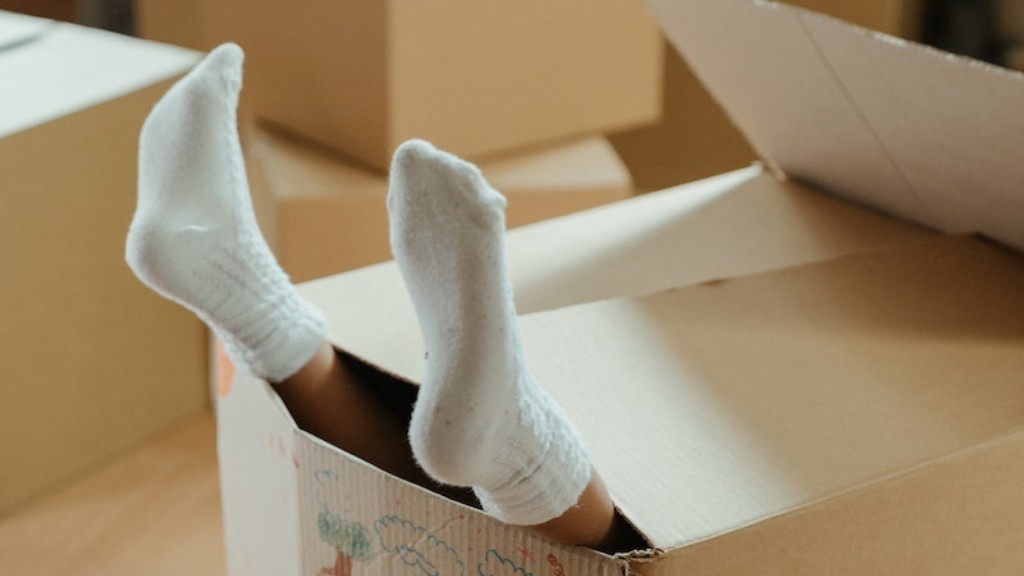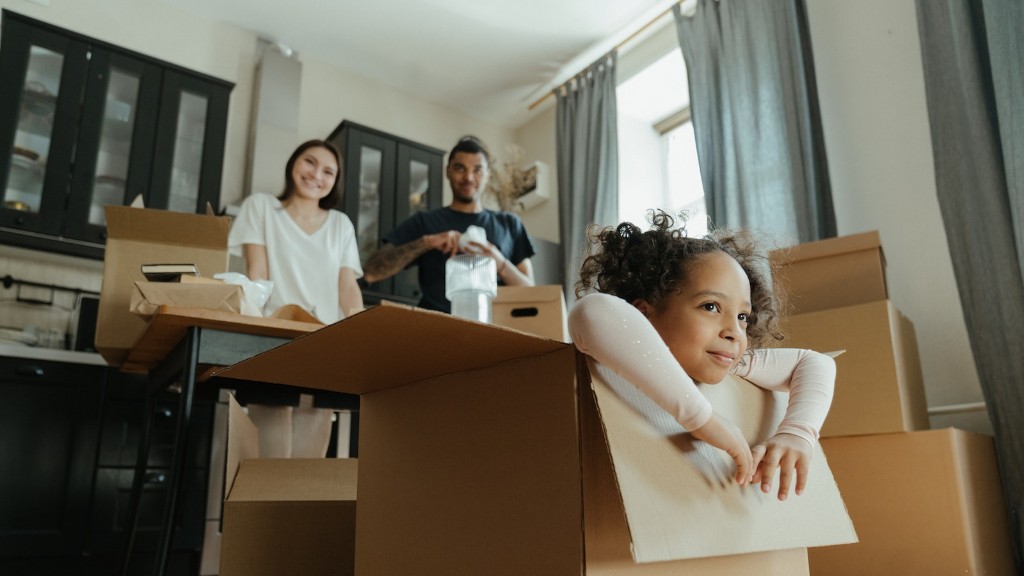Eggs, a staple food in many households, often come in cardboard cartons that are disposed of after use. However, these traditional egg cartons take years to break down in landfills, contributing to the growing environmental concerns. To address this issue, an innovative solution has emerged: egg cartons made from biodegradable materials. These cartons, made from plant-based fibers, provide a sustainable alternative that mitigates the environmental impact.
Traditional egg cartons are typically made from polystyrene foam, also known as Styrofoam, which takes nearly hundreds of years to decompose naturally. In contrast, biodegradable egg cartons are made from materials like recycled paper pulp, sugarcane bagasse, or bamboo fiber, which can decompose in as little as a few months. This shift towards a more environmentally friendly option not only reduces waste but also conserves natural resources.
According to research conducted by environmental organizations, such as Greenpeace, the production of biodegradable egg cartons has been found to emit significantly fewer greenhouse gases compared to the production of traditional cartons. In addition, the use of renewable resources in the manufacturing process further reduces the carbon footprint associated with these cartons.
Experts in the sustainability field emphasize the importance of adopting biodegradable alternatives like these egg cartons. Dr. Jane Adams, a leading environmental activist, explains, “With the increasing concern over climate change and waste accumulation, it is crucial for individuals and businesses to make sustainable choices. Using biodegradable egg cartons is a simple yet impactful step towards a greener future.”
The biodegradable egg carton industry has witnessed a surge in popularity in recent years. Many major supermarkets and grocery chains have recognized the demand for sustainable packaging materials and are making the switch to biodegradable egg cartons. This positive trend signifies a shift towards a more conscious approach to consumerism and highlights the growing awareness of the need to protect our planet.
Moreover, the benefits of biodegradable egg cartons extend beyond their eco-friendly nature. These cartons are often praised for their practicality and functionality. Made from sturdy materials, they offer the same level of protection to eggs while also being stackable, facilitating easy storage and transportation.
While the transition to biodegradable egg cartons is commendable, it is essential to note that their widespread adoption is still in progress. Many smaller farmers and egg producers continue to use traditional cartons due to the higher production costs associated with biodegradable options. However, as awareness spreads and the demand for sustainable packaging continues to grow, the hope is that the adoption of biodegradable egg cartons will become more widespread throughout the industry.
The Environmental Impact
Traditional egg cartons made from polystyrene foam contribute to the increasing amount of non-biodegradable waste in landfills. These cartons take hundreds of years to decompose, releasing harmful chemicals in the process. In contrast, biodegradable egg cartons help reduce the accumulation of waste and prevent the release of toxins into the environment. By choosing biodegradable options, consumers can make a tangible difference in minimizing their ecological footprint.
Furthermore, the production of polystyrene foam generates significant greenhouse gas emissions, contributing to global warming. Biodegradable egg cartons, on the other hand, are produced using renewable resources, reducing the overall carbon footprint and promoting a more sustainable approach to packaging.
It is important to note that biodegradable egg cartons are not only beneficial at the end of their life cycle but also during their use. Due to their sturdy construction, these cartons prevent egg breakage, reducing food waste and ensuring that a valuable resource is not wasted. This practicality adds to the overall positive impact of biodegradable packaging alternatives.
The Role of Consumer Demand
The shift towards biodegradable egg cartons can largely be attributed to increased consumer demand for environmentally friendly products. As individuals become more aware of the impact their choices have on the planet, they are actively seeking sustainable alternatives. The rise in popularity of biodegradable packaging reflects consumers’ desire to support businesses that prioritize eco-conscious practices. By opting for biodegradable egg cartons, consumers can align their purchasing decisions with their values, encouraging more companies to embrace sustainable packaging solutions.
Sustainable Packaging Innovations
The development of biodegradable egg cartons is just one example of the broader trend towards sustainable packaging innovations. Companies are actively exploring renewable materials and eco-friendly manufacturing processes to reduce their environmental impact. From compostable food wrappers to recyclable beverage bottles, the packaging industry is continuously seeking new ways to align with sustainability goals. This growing momentum suggests that more eco-friendly alternatives will be introduced in the years to come, providing consumers with a wider range of sustainable options.
Challenges and Future Outlook
While the adoption of biodegradable egg cartons is on the rise, it is not without its challenges. The higher production costs associated with these eco-friendly alternatives can be a deterrent for small-scale farmers and egg producers. Additionally, there is a need to improve the infrastructure for the collection and processing of biodegradable packaging materials to ensure their effective decomposition.
However, the future outlook for biodegradable egg cartons remains promising. As sustainability continues to gain momentum, technological advancements may lead to cost reductions in the manufacturing process, making these eco-friendly cartons more accessible to businesses of all sizes. The ongoing development of collection and recycling systems will further enhance the feasibility and effectiveness of biodegradable packaging solutions.



